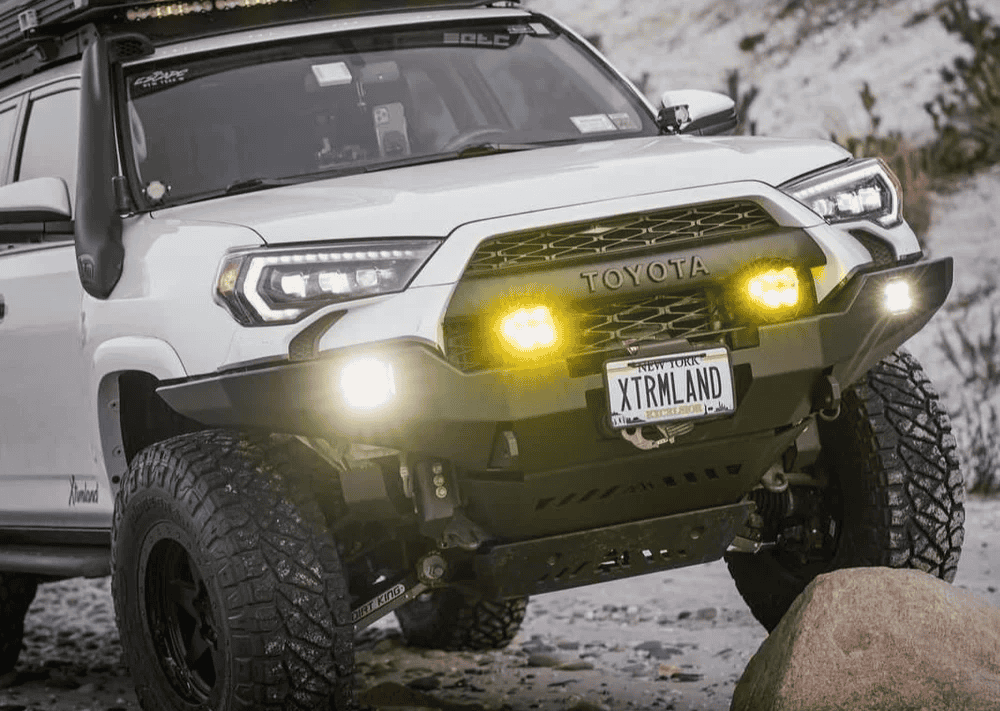Overland Vehicles

Building an overland rig is less about parts and more about systems that work together under vibration, dust, heat, and cold. The choice between doing it yourself or hiring a shop hinges on four pillars: safety, budget, time, and integration. Light projects like tires, simple storage, and recovery gear often suit a handy owner. Complex work such as electrical power, fuel storage, suspension geometry, heating and cooling, and water systems demands careful engineering and thorough testing. The margin for error on a remote trail is thin, so the right path is the one that preserves safety while meeting your goals.
Start with clarity on use case. Weekend forest roads with mild weather call for a different setup than long desert tracks with high heat and big elevation changes. Payload matters too. Every accessory adds weight and shifts handling. Exceeding the vehicle’s rated limits shortens component life and reduces stability in emergency maneuvers.
DIY often looks cheaper on paper, but the full ledger includes specialty tools, fasteners, wire, lugs, crimpers, ferrules, sealants, and quality connectors. Mistakes cost money and time, and rework can exceed the price of doing it right once. A professional invoice often bundles design, parts, labor, testing, and warranty into one predictable number. Consider opportunity cost as well. If your weekends are scarce, the calendar may be the most expensive line item.
Reliability is the sum of thousands of small decisions. Correct wire gauge, fused circuits near the source, protected routing, service loops, and strain relief prevent nuisance faults and fires. Mounting that captures load in shear instead of tension avoids rattles and cracks. Ventilation around batteries and heaters protects components and passengers. Professional builds typically include documented torque specs, electrical diagrams, and parts lists, which help with repairs on the road and with insurance documentation after a claim.
Safety is not just about avoiding failure. It is also about predictability. A vehicle that brakes straight, recovers from whoops without topping out, and keeps vital systems powered through washboard gives you a margin when conditions change.
Power is the heart of a modern overland build. Battery chemistry selection, battery management, alternator charge profiles, solar input limits, and inverter surge ratings must play nicely together. Undersized cable creates voltage drop that kills fridges and burns sockets. Overfusing masks mistakes until components overheat. Good design uses short runs, proper bus bars, labeled distribution, and accessible service points. Whether you do it yourself or hire it out, insist on schematics and a shakedown under load before a long trip.
Resale often rewards clean workmanship and proven systems. Buyers pay more for rigs with tidy wiring, corrosion resistant hardware, and service records. Insurers may look for documentation that shows professional installation of heaters, fuel taps, or roof modifications. Time matters too. A DIY path spreads learning across months, which can be rewarding if you enjoy the process. A professional path compresses design, install, and testing into a defined window, getting you to the trail sooner.
Every build deserves a proving loop. Drive a mix of highway, dirt, and climbs, then retorque, recheck electrical connections, and confirm water and fuel fittings. Good documentation turns future upgrades into simple projects, not detective work. Support is the final piece. A shop with a service process can diagnose issues quickly, while DIY owners benefit from a personal build journal with photos, part numbers, and diagrams.
When you decide that engineered integration and time savings are worth it, browse our overland rigs to see how a purpose built platform comes together. If you have specific goals like improved ride quality, power independence, or secure storage, explore a focused custom overland upfit that elevates your current vehicle without starting from scratch. Curious about process, workmanship, and team experience? Visit why choose OZK Customs to learn how we design around real travel, not just shop photos.
OZK Customs builds reliable systems that match your routes, climate, and payload. We handle suspension tuning, power and charging, heat and ventilation, storage, and lighting with a focus on safety, serviceability, and clean documentation. Our shop in Fayetteville, Arkansas is central and easy to reach, making pickup and shakedown simple before you point the hood toward your next horizon.
Ready to move from ideas to a proven rig? Share your trip style, gear list, and timeline, and our team will translate that into an integrated plan with clear pricing, testing, and support. Whether you want a complete build or a targeted upfit, you will leave with a trail ready setup and the confidence that comes with it.
Ready to build a dependable overland rig without guesswork or hidden costs? OZK Customs designs and delivers trail proven systems, from complete custom builds to tailored upfits that match how you travel. Tell us your route, gear, and goals, and we will translate that into a safe, documented, and road ready setup. Start your spec today and drive home confident.
ADDRESS:
6159 E Huntsville Rd, Fayetteville, AR 72701
PHONE:
(479) 326-9200
EMAIL:
info@ozkvans.com